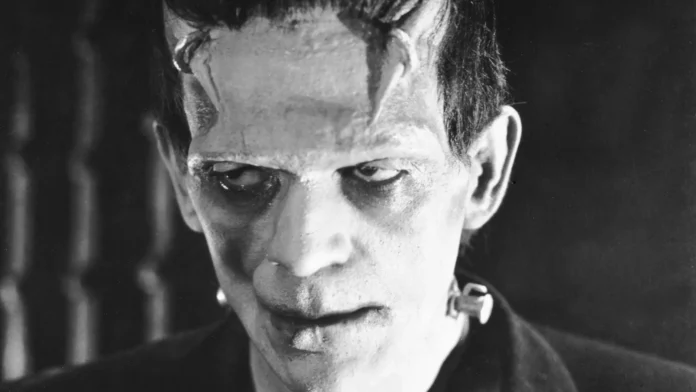In response to the Russian meddling in the 2016 U.S. elections, a recent New York Times article likened Facebook’s deficient advertising policy to an out-of-control Frankenstein monster.

While there is some truth in comparing Facebook, Google, and other mega social-media sites to out-of-control systems, this article does a great disservice to Frankenstein’s reputation.
In the article, writer Kevin Roose grabbed a line from the groundbreaking Mary Shelley novel in which the creature’s creator, Victor Frankenstein, said, “I had been the author of unalterable evils,” he says, “and I lived in daily fear lest the monster whom I had created should perpetrate some new wickedness.”
It’s true that the creation of “some new wickedness” is now a daily feature of modern life, or at least we know more about these new forms of wickedness in real-time than at any other time in history. But as far as the Frankenstein analogy is concerned, Facebook differs from the fictional monster as a model for other social media and online companies (Google and Amazon included) because Frankenstein had a heart.
Most importantly, the monster was not interested in money, power, or control but in acquiring and displaying human feelings. In the gothic novel (written in 1818 to widespread acclaim), Frankenstein or, The Modern Prometheus (as the book was formally titled), was fascinated by playing with a child and made friends with a blind man living in a cabin in the woods who gave him food and beckoned him to sit down, drink, and listen to his music.
Shelley’s novel was written during the anti-mechanization Luddite era. It was complimented with a Romantic worldview, but it was anti-technology.
But like Frankenstein, it looks like the multi-billion company Facebook is now developing a corporate consciousness. Like other Silicon Valley companies, including Amazon and Twitter, Facebook has adopted the selfish Libertarian philosophy that dovetails nicely with its policy that technology is blind, has only positive repercussions, is too big to be controlled, does not need regulation, and that any form of control will interfere with its huge 24-hour a day profit-generating capabilities.
Now, it seems like the bad guys, what Facebook calls the Russian “actors” as if this is a stage performance, did derail the U.S. elections to elect the most authoritarian president in U.S. history to a deceived and uninformed U.S. citizenry.
As these revelations become more definite due to the Robert Muller investigation, Facebook should abandon its Libertarian excuses and say that technology is neutral and we have no control over our system. In the book, the monster tells his creator, Dr. Victor Frankenstein, “You are my creator, but I am your master.”
If that is the case, Facebook is an out-of-control organization (like Equifax) and unworthy of its lofty stock market valuations. How else could Facebook allow advertisers to target users with offensive terms like “Jew hater,” according to a ProPublica report, while simultaneously profiting from that ad campaign? This no-accountability profiteering is the worst form of social media pollution, on par with such corporate disasters as the Exxon Valdez oil spill and the subsequent cover-up by Exxon about how it happened.
This may be why the monster Frankenstein said:
“Yet mine shall not be the subject of abject slavery: if I cannot inspire love, I will cause fear; and chiefly towards you, my archenemy, because my creator do I swear inextinguishable hatred.”
Alternately, suppose Facebook is in control over its systems. In that case, it should dump the Libertarian policies and face the fact that it is a media company with social and some neo-journalistic responsibilities. Ideally, this means more self-regulation and public accountability from its board and adult employees. But there is a good possibility this will never happen.
It would also be helpful to read Frankenstein, essentially an anti-technology book (Shelley would never have used the word technology) written during the Industrial Age by a far-sighted woman who saw that machines would never replace humanity. She wrote that in 1817, he never became a billionaire and said he was not responsible for whatever he created.
The Facebook executives should also remember that the monster Frankenstein developed human capabilities, including an idea for revenge. In the monster’s own words, he said:
“Yet mine shall not be the subject of abject slavery: if I cannot inspire love, I will cause fear; and chiefly towards you, my archenemy, because my creator do I swear inextinguishable hatred.”
(Chapter 17, page 1, 1891 edition)











